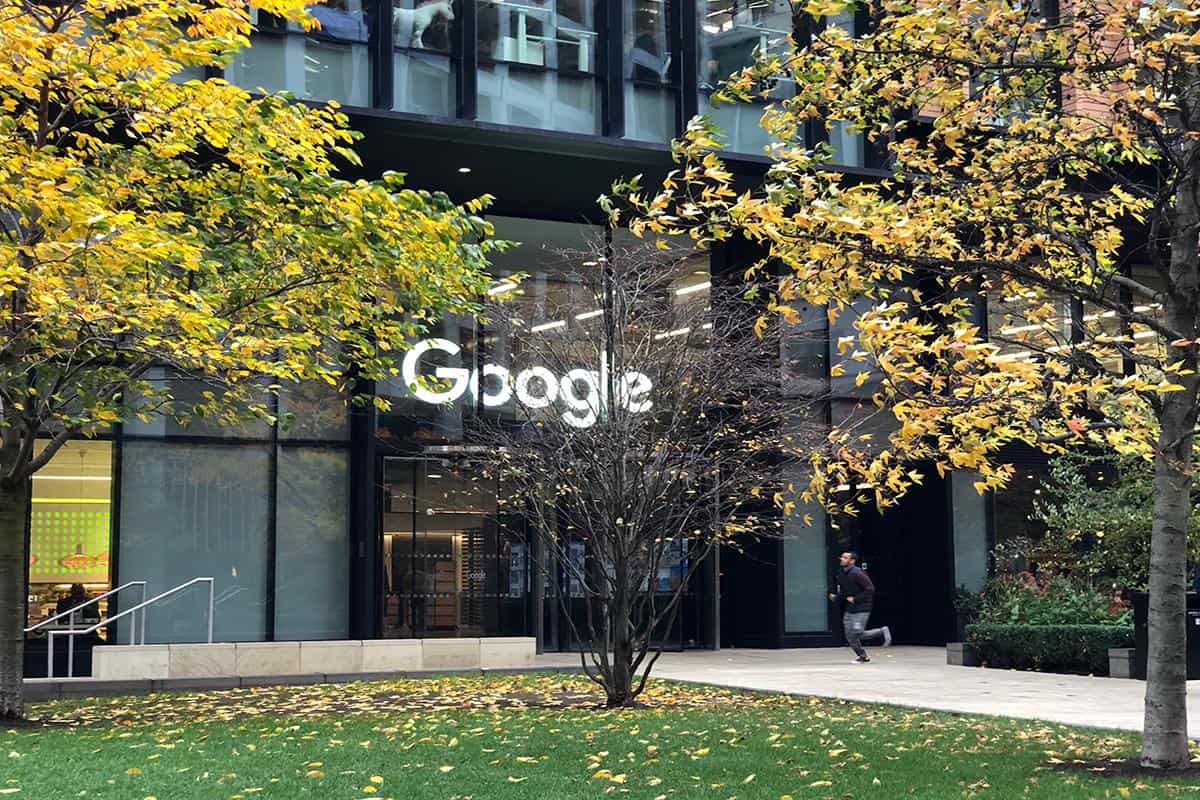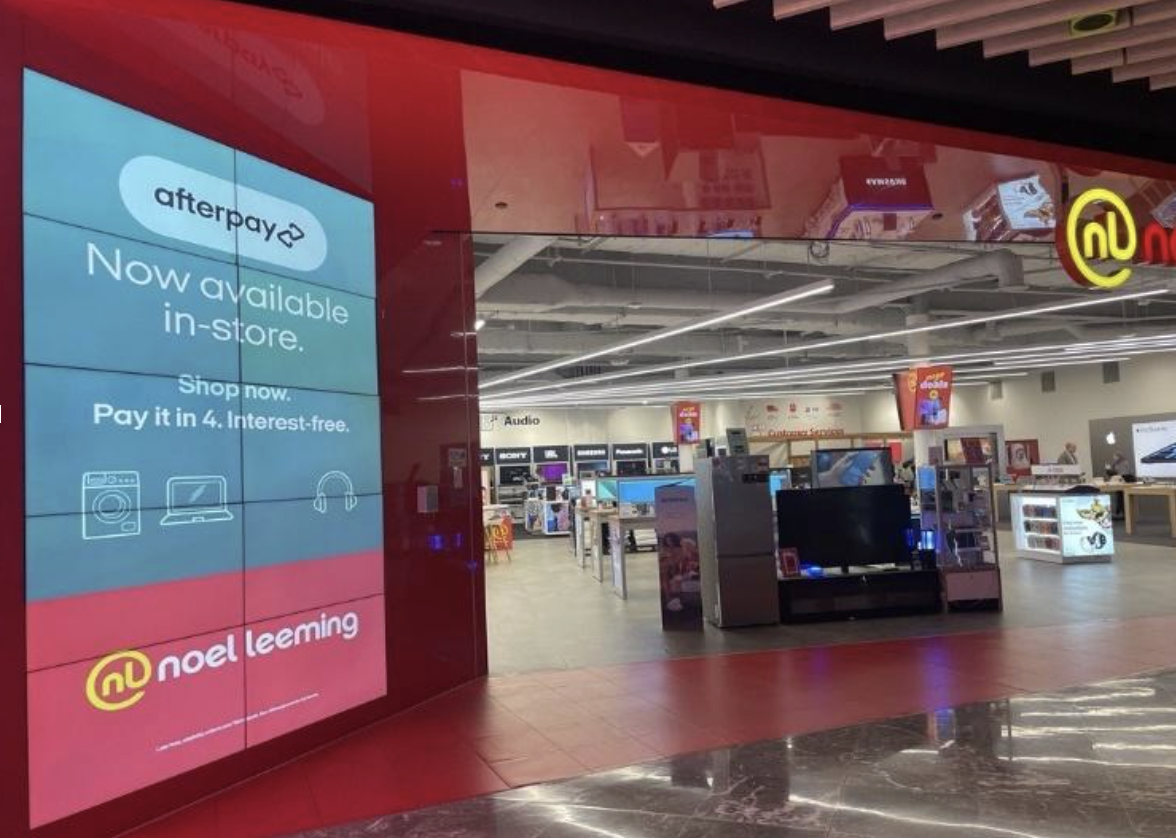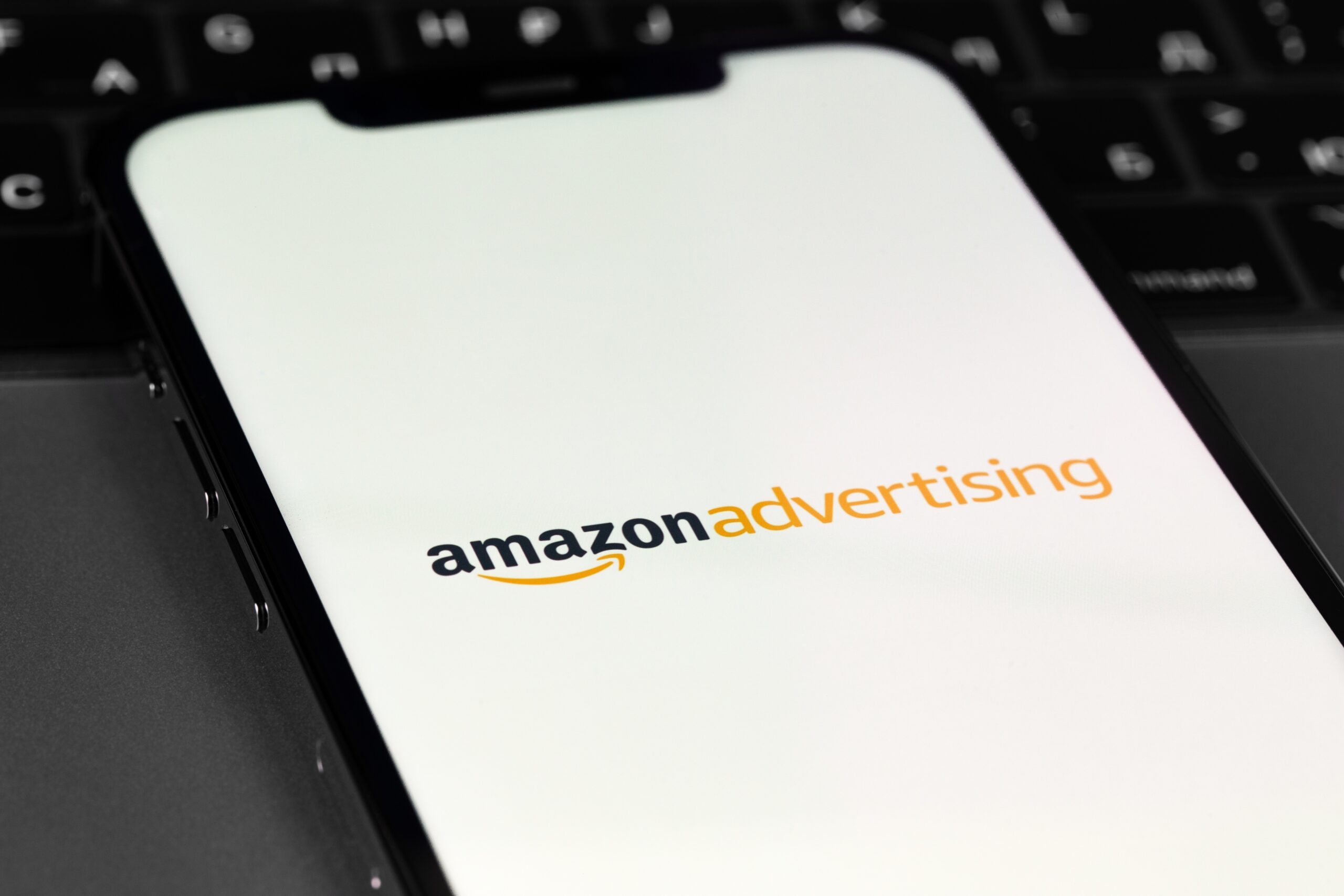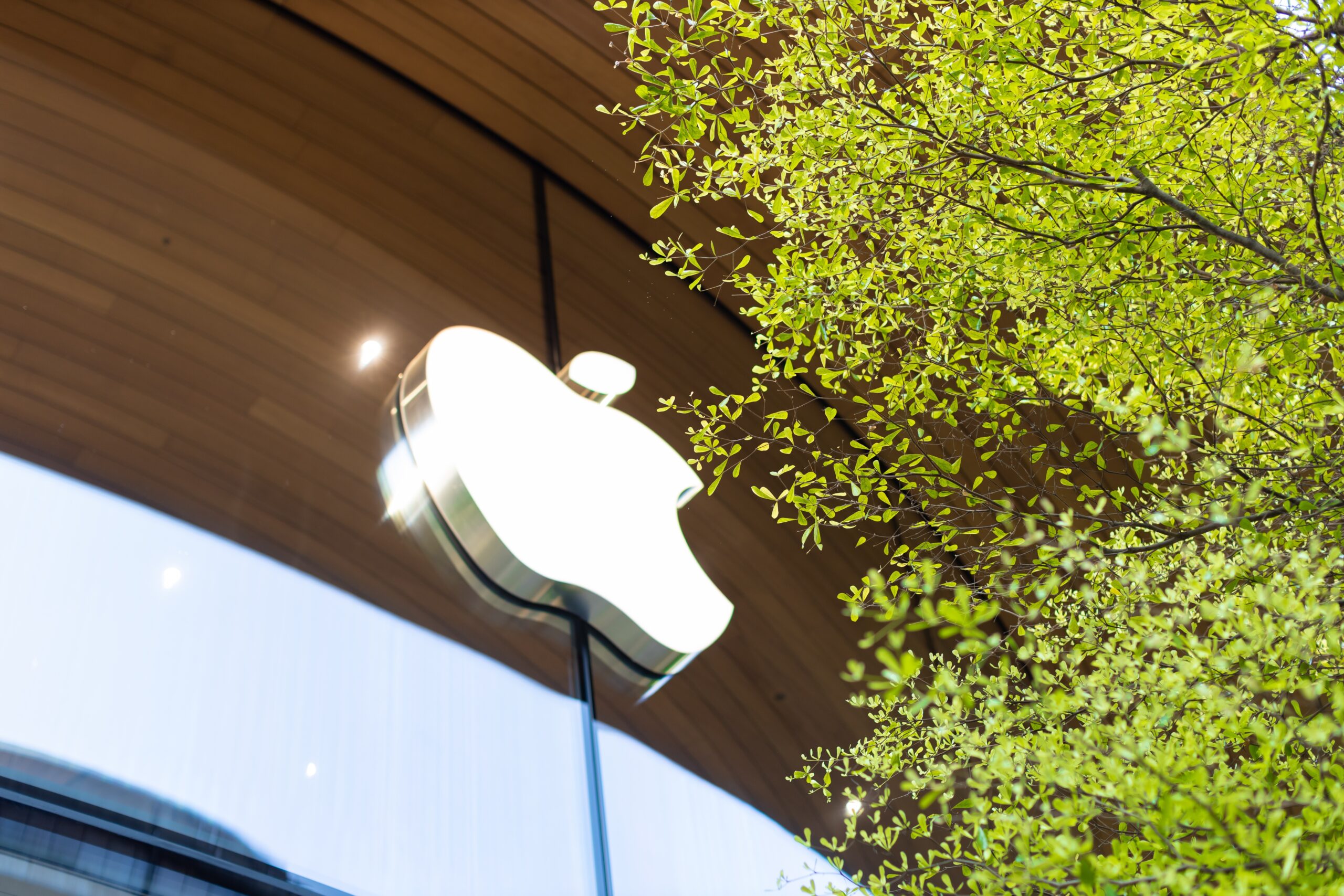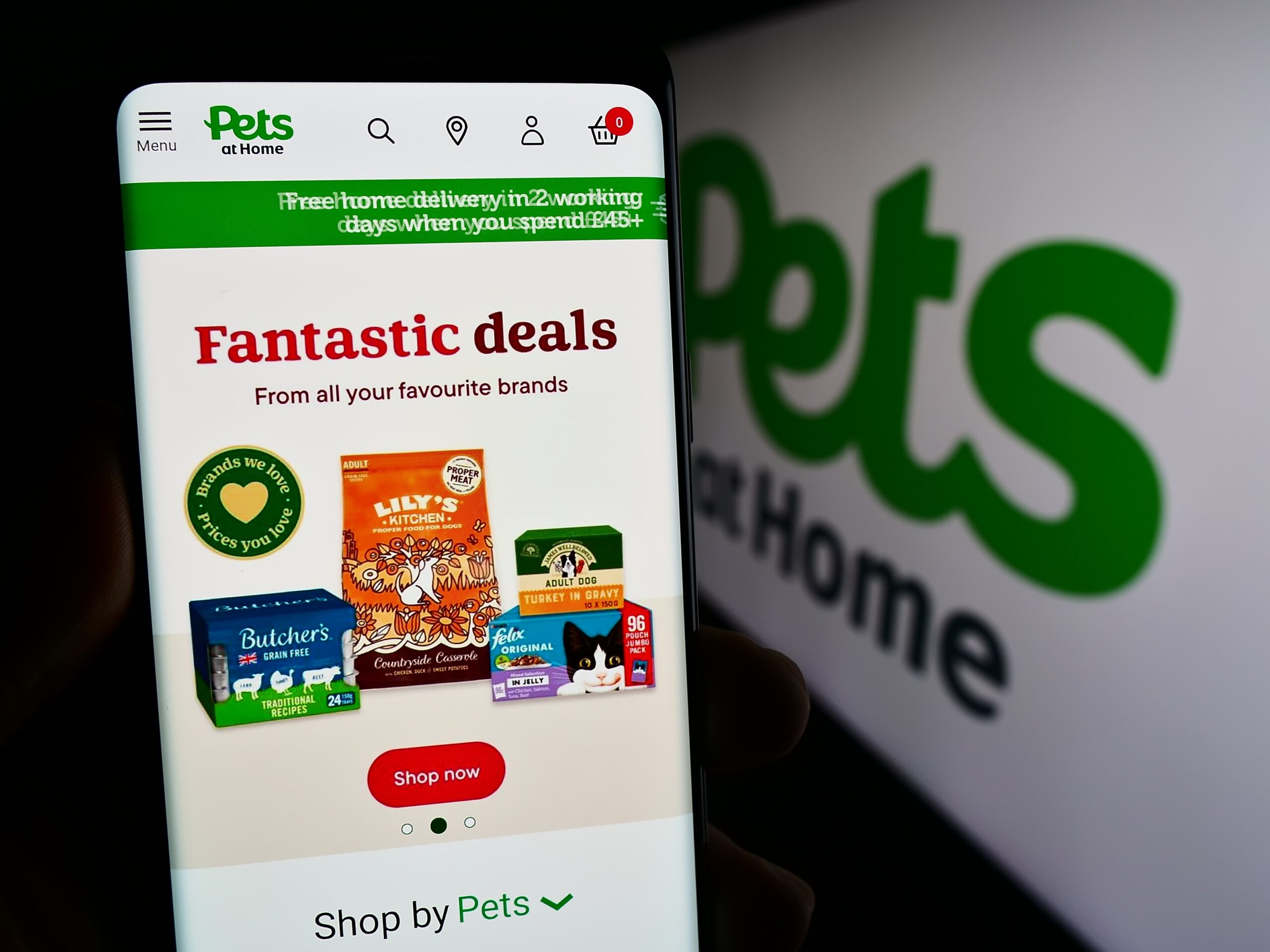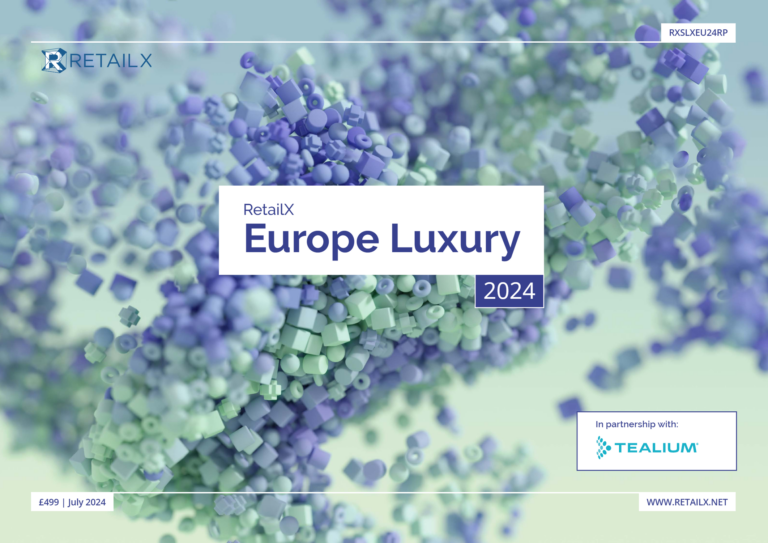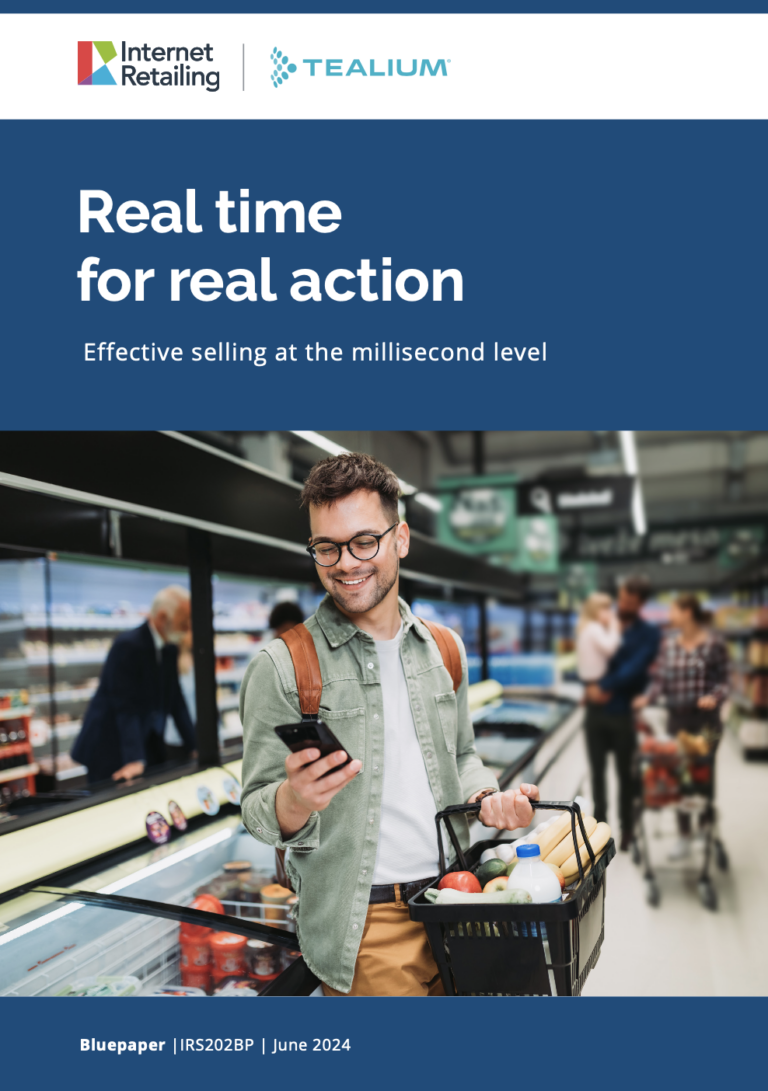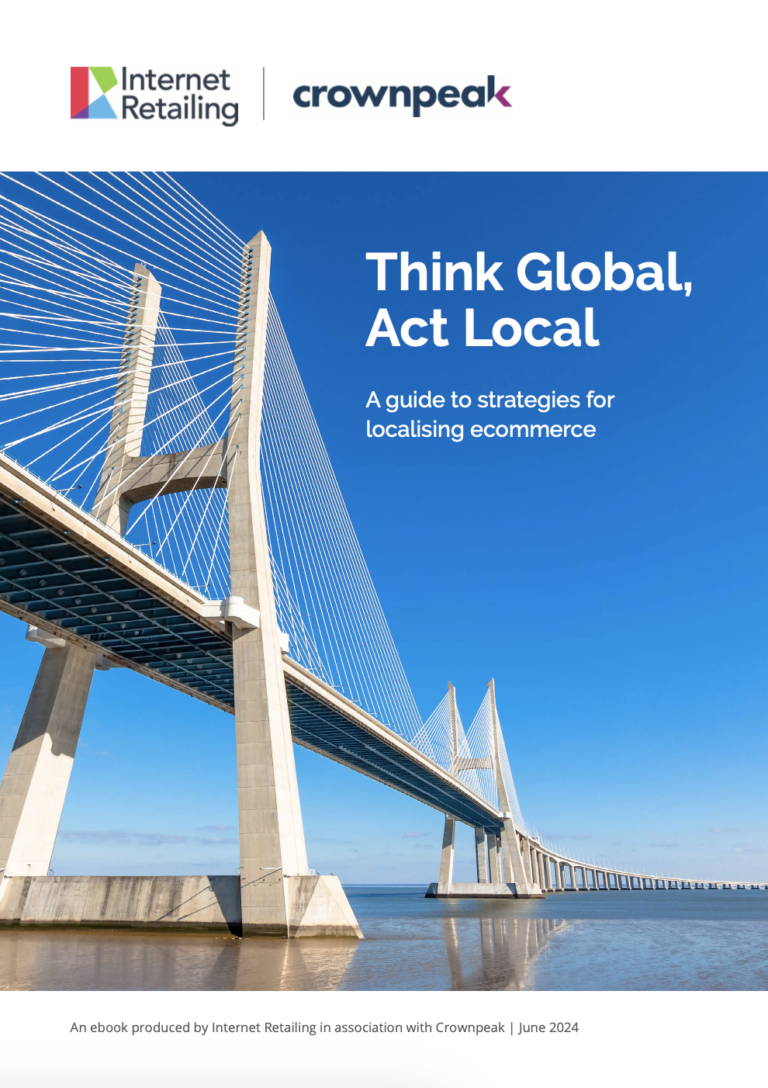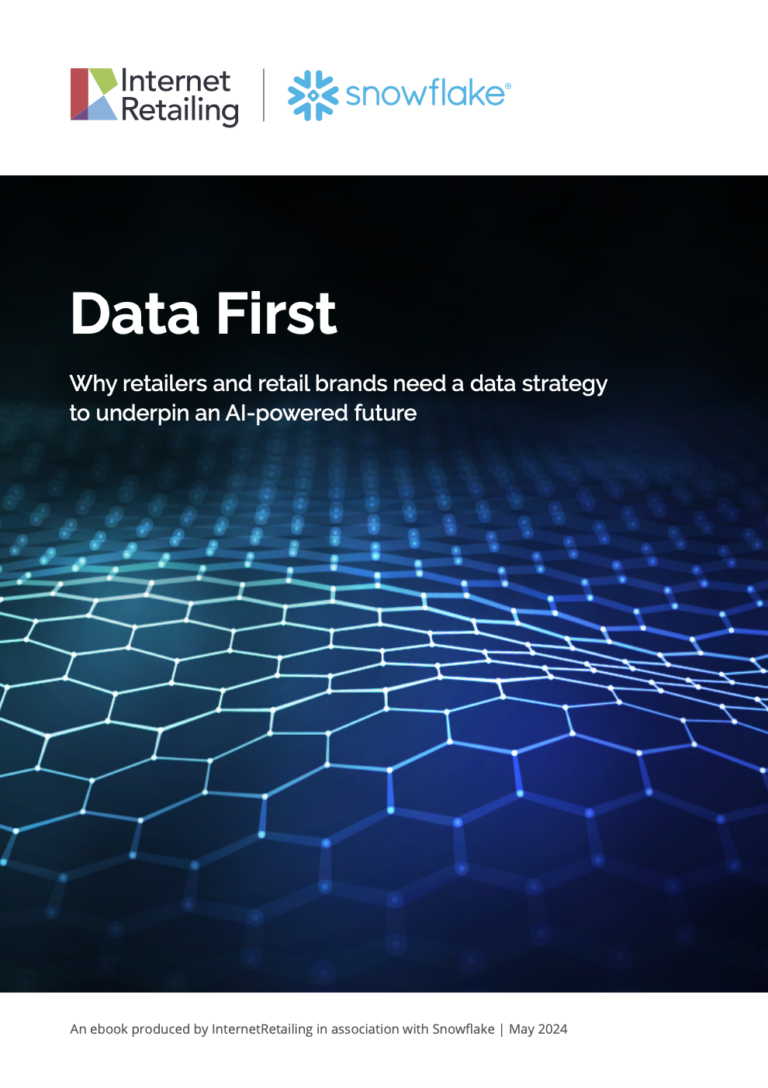Google is dropping its plans to eliminate cookies from its Chrome browser, making a sudden U-turn after four years of working towards a cookieless future.
The company has been working towards removing cookies that collect third-party data from web-users as part of a push towards more privacy – in a project knows as Privacy Sandbox. However, this week it has announced that it is shelving those plans after, it said, “considering the impact of the changes on publishers, advertisers and everyone involved in online advertising”.
Instead, Google has announced that it will ““introduce a new experience in Chrome that lets people make an informed choice that applies across their web browsing, and they’d be able to adjust that choice at any time,” Anthony Chavez, vice president of Privacy Sandbox. “We’re discussing this new path with regulators and will engage with the industry as we roll this out.”
What does it mean for retail media?
While Google’s move comes as a surprise to some, it may well be a godsend to many. Most brands and advertisers have not been ready for the end of cookies. Research by UK-based customer data platform company Acxiom earlier this year found that 55% of those surveyed had yet to implement any solution to directly address the end of third party cookies.
Colin Lewis believes that no-one in the industry is surprised by the move. Google has rarely stuck with timelines over the years and has sunsetted lots of viable products without rhyme or reason
But, what does it mean for Retailers? “Many retailers might have believed that their first party data would be hugely valuable in a cookie free world. Now those views will have to be revisited,” says Lewis. “Many RMNs will now be asking themselves what price to change for their first party audiences – and, whatever the price and forecast revenues for those, how much should it be reduced.
“For agencies, they can still say to clients for the time being that Chrome users will provide excellent signals – something long since gone from Apple. For brands, time will tell whether they will shift budgets or not.”
First party data still rules
With brands and ad agencies looking for new ways to create personalised and hyper-targetted advertising reach, the death of cookies looked like a problem. Retail Media benefitted from that shift, with retailer first party data looking more valuable than ever to those brands and retail media properties such as websites and in-store media helped many retailers build big businesses. Has the U-tun on cookies brought that to a halt?
In short, no. First party data and the offering from retail media that allows for hyper-focussed advertising is still very powerful and the move towards retail media dominance is hard to stop.
As Dimitrios Koromilas, Director of Platform Services, EMEA, at Acxiom, says: “Despite Google reversing the deprecation of third-party cookies, brands shouldn’t get complacent in what is an ever more competitive consumer landscape. Customers increasingly seek more meaningful personalised experiences from brands, something which can only really be achieved through having a first-party data strategy.
“Even with Google’s latest decision on cookies, first-party data remains the new currency across the enterprise, not just for the marketing department. Gathering information to create a holistic view of your customer base, which can only be done with first-party data, is pivotal in helping businesses stand out from an increasingly competitive crowd.”
What it does do is offer brands two ways to target their marketing: first party data leveraged through retail media and third-party cookie data to augment it. Perhaps together these offer brands an even better insight into consumers – at least those that don’t now turn cookies off at the browser – and helps marketing become even more focussed?
What happens next?
While the news in welcomed in some quarters, it begs more questions than it answers as to what happened next.
Given the lack of detailed information on the user choice functionality that Google proposes to introduce instead of deprecating third-party cookies, it is currently challenging to fully assess the implications of this announcement on the broader ecosystem.
However, IAB Europe emphasises the following key considerations that should be addressed in any alternative approach implemented in Chrome:
- User controls in relation to the setting of cookies and processing of personal data for advertising purposes are already the object of industry-wide standards that draw on the detailed requirements laid down in the GDPR and ePrivacy Directive. These standards take account of the fact that browser-level user choices cannot enable the establishment of informed and specific consent under GDPR. It is unclear what value the addition of a supplementary choice layer, with the attendant risk of introducing a fragmented user experience, would deliver.
- It would seem likely that such an approach would entail the same prejudice to publishers as Apple’s ATT, which is currently the object of antitrust scrutiny in several EU jurisdictions. The manner in which controls connected to the availability of third-party cookies will be presented to end-users and articulated with the existing controls already provided for the Privacy Sandbox APIs will be of particular importance to evaluate the impact on competition.
Finally, IAB says it would call on Google to ensure that the development is done in close collaboration with industry standard-setting organisations and takes good account of industry feedback, even as it continues to refine and improve the Sandbox tools. In this connection, it is relevant to acknowledge Google’s record of industry engagement on the Privacy Sandbox up to now, while being clear-eyed about the risks evoked above in relation to the alternative approach announced yesterday.

